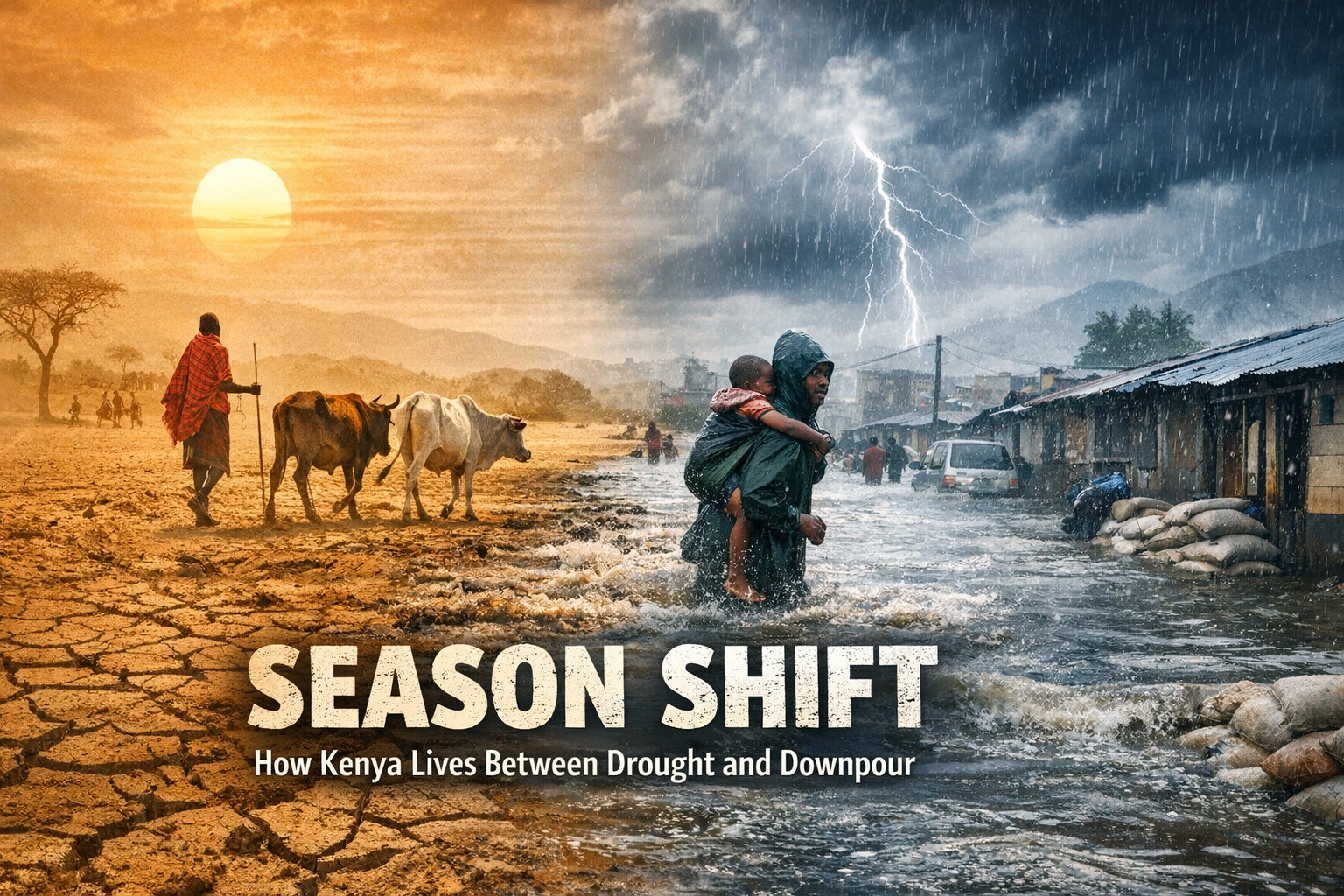- According to the National Environment Management Authority, every Kenyan generates about half (½) kilogram of waste daily, which translates into 22 metric tons of waste generated per day, 8 million tons annually, while only 70% of that waste is collected and dumped. In Nairobi, an estimated 2400 tonnes of solid waste is generated daily.
Kenya Extended Producer Responsibility Organization (KEPRO) on Thursday, June 6, 2024, held a media breakfast meeting at Ole Ken Hotel to strengthen a working nexus with journalists through reportage on waste disposal.
Mr Mumo from KEPRO reiterated the need for the media to amplify the need for personal responsibility in handling waste from the source.
“Waste producers should be responsible for their own waste, by sorting and separating dry and wet waste, this will make it easy to recycle,” he said.
Mr David Omurunga, the media representative during a panel discussion, assured the organizers that the media is ready to report issues related to waste management.
The panel discussed that many research studies on waste management have been done in universities and the stakeholder's need to embrace and implement them, especially now that waste management is becoming a challenge in Kenya and many African countries.
Read More
.jpeg)
According to the National Environment Management Authority (NEMA), every Kenyan generates about half (½) kilogram of waste daily, which translates into 22 metric tons of waste generated per day, 8 million tons annually, while only 70% of that waste is collected and dumped. In Nairobi, an estimated 2400 tonnes of solid waste is generated daily.







